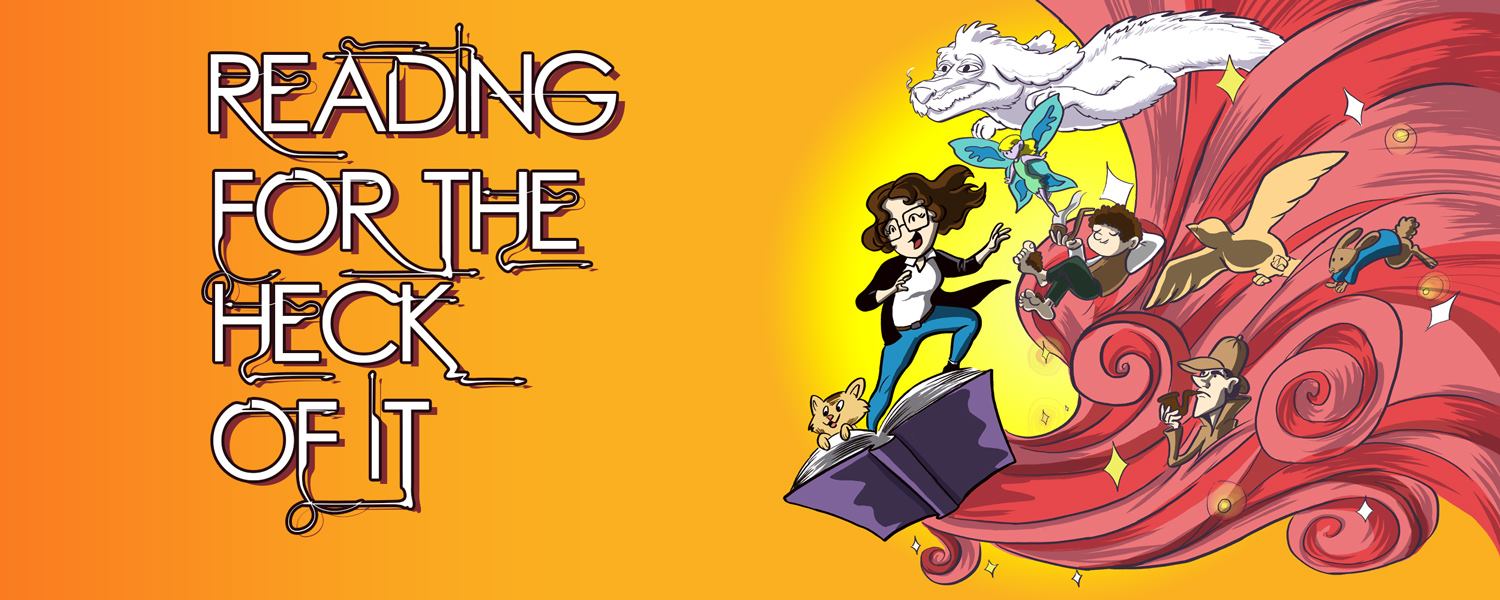Hi, readers! Today's post is going to be a little different because I'm not the one who wrote it! Instead of telling you why you should check out Laura's book
A Fish in Foreign Waters why not find out about the inspiration for the book from the author herself? If you're looking for diversity in children's literature then I do believe you're in the right place. :-)
WHEN BEING BILINGUAL DOESN’T FEEL AS GOOD AS IT’S CRACKED UP TO BE
When I met my husband and moved from Italy the the U.K., I knew that if one day I was going to have children, I would have raised them bilingual. I wanted to give my children what I also had growing up: the ability to think and talk in more than one language, to belong to more than one culture, to have future doors open in terms of job opportunities.
I always assumed that the process was going to be easy and natural, that my children would have absorbed the language through me and that they would grow up feeling proud and confident. But alas, that wasn’t the case! My four year old refused since day one to speak the minority language despite being able to understand every word.
While looking for help in books, I came across a very interesting quote from Professor Colin Baker, who writes in his book, A Parent’s and Teachers’ Guide to Bilingualism (Multilingual Matters, Third Edition): “Children often don’t want to appear different. They want to conform to the status-giving behavior of the peer group. This may entail a temporary non-use of one of their languages.”ites in his book, A Parent’s and Teachers’ Guide to Bilingualism (Multilingual Matters, Third Edition): “Children often don’t want to appear different. They want to conform to the status-giving behavior of the peer group. This may entail a temporary non-use of one of their languages.”
It finally made sense: children don’t like to be different! I started looking back at my life, growing up bilingual in Rome. I remembered how my friends would tease me for the way I pronounced different words and the curious looks over my “weird" South African snacks (while everyone else was digging into pizza or warm ciabatta bread sandwiches). I realised that as a child, I saw bilingualism as a burden rather than an amazing privilege. And this was probably how my daughter saw it too.
This consideration made me feel really sad. How many frustrations and wasted opportunities could be avoided if children actually understood that speaking more than one language is good for them!
This was the inspiration for my picture book: A Fish in Foreign Waters which tells the story of Rosie Ray, a fish whose world gets thrown upside down when she has to move to a different bay. She has to learn a new language, make new friends and face some of the challenges that bilingual children often face. But on the day of her birthday she will make an exciting discovery that will help her see how much she has actually gained from being able to speak two languages.
My book can be used as a tool that parents and teachers can use in order to have a good conversation with their children and explain to them the benefits of being bilingual. It gives children a sweet character they can relate to, and a story that will help them understand that yes, they are different, but in a cool sort of way!
About the author:
Laura Caputo-Wickham was born in Rome where she graduated in Languages and Foreign Cultures. She then moved to the U.K. where she taught Italian for many years. Laura was raised bilingual, so was her mum and so are her two daughters. Her own experience inspired her to write A Fish in Foreign Waters.












